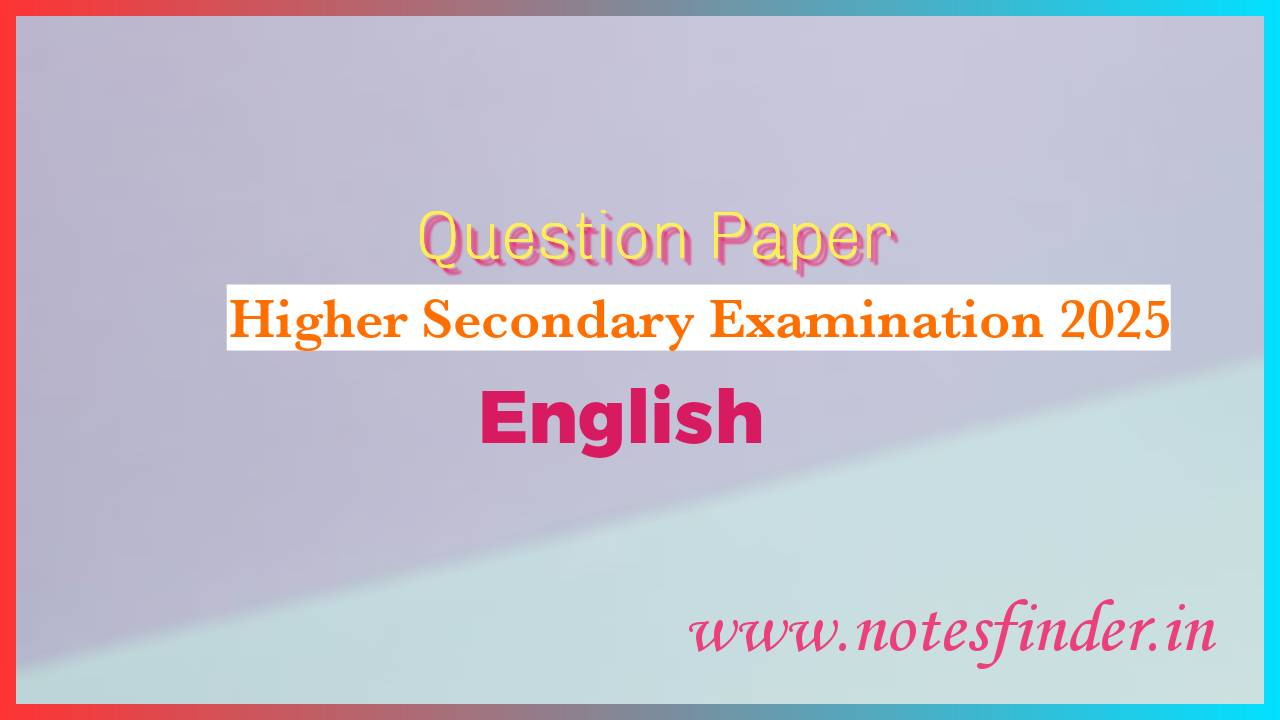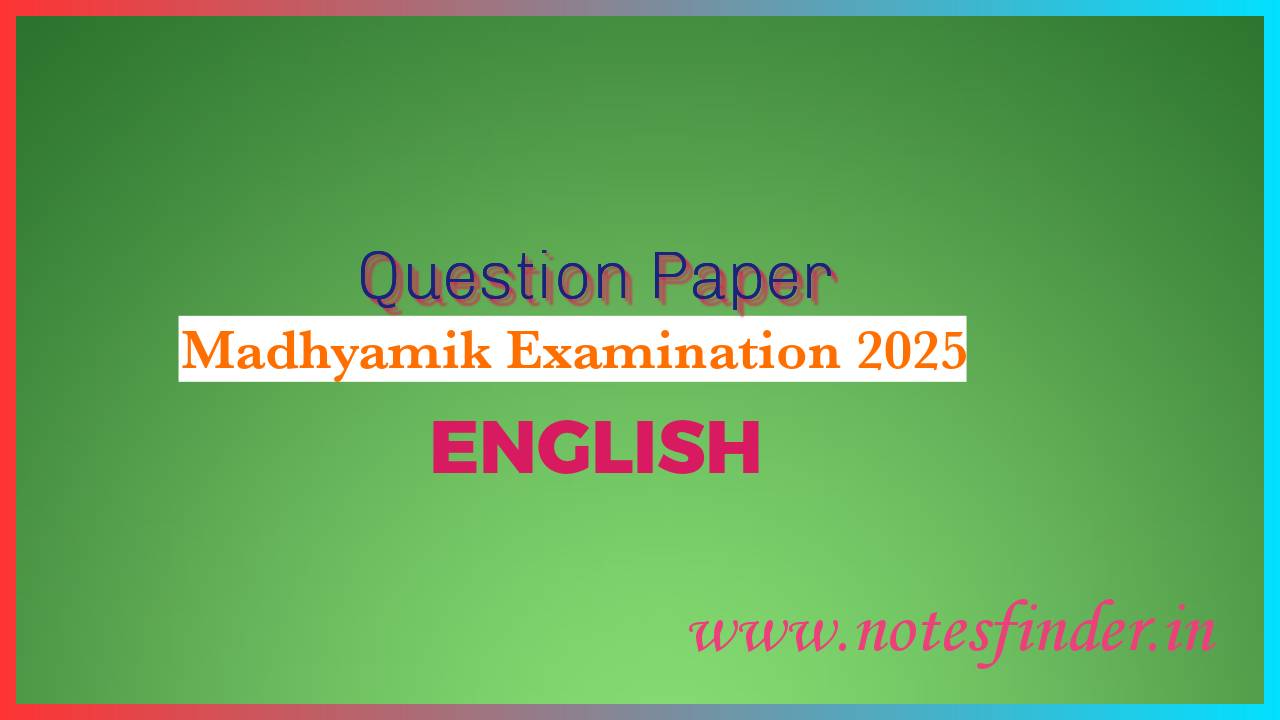Pranjol, a youngster from Assam, is Rajvir’s classmate at school in Delhi. Pranjol’s father is the manager of a tea-garden in Upper Assam and Pranjol has invited Rajvir to visit his home during the summer vacation.
“CHAI-GARAM… garam-chai,” a vendor called out in a high-pitched voice.
He came up to their window and asked,”Chai, sa’ab?”
“Give us two cups,” Pranjol said.
They sipped the steaming hot liquid. Almost everyone in their compartment was drinking tea too.
“Do you know that over eighty crore cups of tea are drunk every day throughout the world?” Rajvir said.
“Whew!” exclaimed Pranjol. “Tea really is very popular.”
The train pulled out of the station. Pranjol buried his nose in his detective book again. Rajvir too was an ardent fan of detective stories, but at the moment he was keener on looking at the beautiful scenery. It was green, green everywhere. Rajvir had never seen so much greenery before. Then the soft green paddy fields gave way to tea bushes.
It was a magnificent view. Against the backdrop of densely wooded hills a sea of tea bushes stretched as far as the eye could see. Dwarfing the tiny tea plants were tall sturdy shade-trees and amidst the orderly rows of bushes busily moved doll-like figures. In the distance was an ugly building with smoke billowing out of tall chimneys.
“Hey, a tea garden!” Rajvir cried excitedly.
Pranjol, who had been born and brought up on a plantation, didn’t share Rajvir’s excitement.
“Oh, this is tea country now,” he said. “Assam has the largest concentration of plantations in the world. You will see enough gardens to last you a lifetime!”
“I have been reading as much as I could about tea,” Rajvir said. “No one really knows who discovered tea but there are many legends.”
“What legends?”
“Well, there’s the one about the Chinese emperor who always boiled water before drinking it. One day a few leaves of the twigs burning under the pot fell into the water giving it a delicious flavour. It is said they were tea leaves.”
“Tell me another!” scoffed Pranjol.
“We have an Indian legend too. Bodhidharma, an ancient Buddhist ascetic, cut off his eyelids because he felt sleepy during meditations. Ten tea plants grew out of the eyelids. The leaves of these plants when put in hot water and drunk banished sleep.
“Tea was first drunk in China,” Rajvir added, “as far back as 2700 B.C.! In fact words such as tea, ‘chai’ and ‘chini’ are from Chinese. Tea came to Europe only in the sixteenth century and was drunk more as medicine than as beverage.”
The train clattered into Mariani junction. The boys collected their luggage and pushed their way to the crowded platform.
Pranjol’s parents were waiting for them.
Soon they were driving towards Dhekiabari, the tea-garden managed by Pranjol’s father
.
An hour later the car veered sharply off the main road. They crossed a cattle-bridge and entered Dhekiabari Tea Estate.
On both sides of the gravel-road were acre upon acre of tea bushes, all neatly pruned to the same height. Groups of tea-pluckers, with bamboo baskets on their backs, wearing plastic aprons, were plucking the newly sprouted leaves.
Pranjol’s father slowed down to allow a tractor, pulling a trailer-load of tea leaves, to pass.
“This is the second-flush or sprouting period, isn’t it, Mr Barua?” Rajvir asked. “It lasts from May to July and yields the best tea.”
“You seem to have done your homework before coming,” Pranjol’s father said in surprise.
“Yes, Mr Barua,” Rajvir admitted. “But I hope to
learn much more while I’m here.”
Read More
- Prose
- Chapter 1 A Letter to God Chapter
- 2 Nelson Mandela: Long Walk to Freedom
- Chapter 3 Two Stories about Flying
- a. His First Flight
- b.The Black Aeroplane Chapter
- 4 From the Diary of Anne Frank Chapter
- 5 Glimpses of India a. A Baker from Goa b. Coorg c. Tea from Assam Chapter
- 6 Mijbil the Otter Chapter
- 7 Madam Rides the Bus Chapter
- 8 The Sermon at Benares Chapter
- 9 The Proposal
- Poetry
- Chapter 1 Dust of Snow
- Chapter 2 Fire and Ice
- Chapter 3 A Tiger in the Zoo
- Chapter 4 How to Tell Wild Animals
- Chapter 5 The Ball Poem
- Chapter 6 Amanda
- Chapter 7 Animals
- Chapter 8 The Trees
- Chapter 9 Fog
- Chapter 10 The Tale of Custard the Dragon
- Chapter 11 For Anne Gregory



